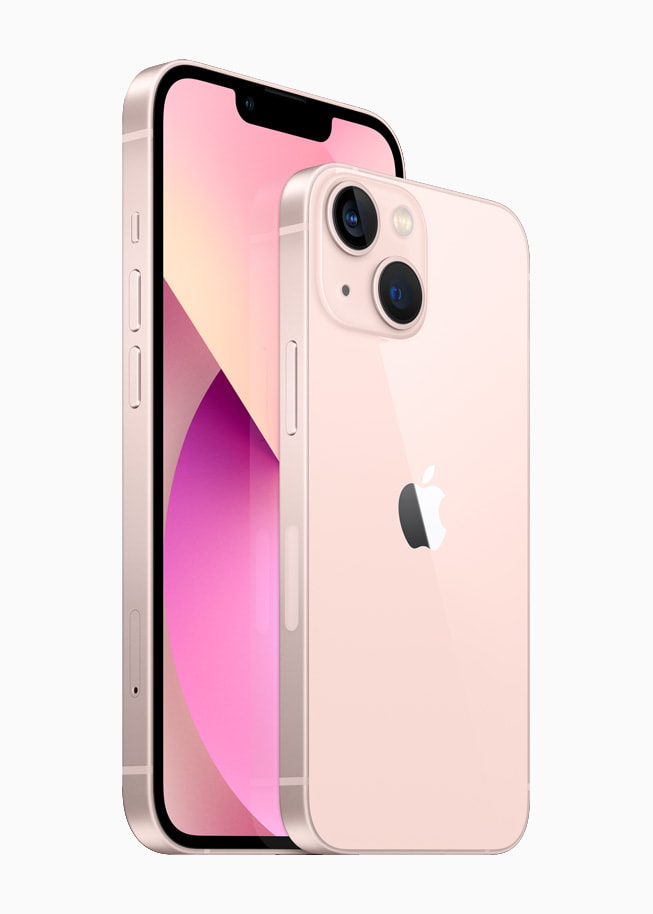WhatsApp adds AR filters to video calls. Here’s what to know.
It’s official—WhatsApp is gearing up to introduce AR (Augmented Reality) filters and effects to its video calling feature, a move that’s set to redefine how we communicate on the platform. If you’ve been using apps like Snapchat or Instagram, you’re probably familiar with the fun and interactive elements that AR filters can bring to your chats. Now, WhatsApp is joining the fray, and it’s a development you won’t want to miss. Let’s dive into what this means for you and how it’s going to enhance your video calling experience.
What Are AR Filters and Effects in Video Calls?
AR filters and effects are digital overlays that can be applied to your video feed during a call. These can range from simple face masks to complex animations that interact with your environment. Snapchat was one of the first platforms to popularize this feature, turning video chats into a more playful and visually engaging experience. Instagram quickly followed suit, integrating AR effects into stories and live streams. Now, WhatsApp is bringing this technology to its video calls, promising to add a new layer of fun and creativity.
Related Read: WhatsApp Top 10 Productivity (Tips and Tricks) You Will Love
These filters work by using your device’s camera to track facial movements and surroundings, allowing the app to place virtual objects or effects in real-time. Whether you want to add a funny hat, change your background, or even turn yourself into a cartoon character, AR filters make it all possible with just a few taps.
How Will WhatsApp Implement AR Filters and Effects?
WhatsApp’s implementation of AR filters and effects is expected to be seamless and user-friendly, much like the rest of the app’s features. While official details are still under wraps, insiders suggest that the feature will be integrated directly into the video call interface, allowing users to access it quickly during a call. A simple menu or button could bring up a selection of filters and effects, giving users a range of options to choose from without interrupting the flow of the conversation.
The update is expected to roll out globally, although it might first appear in beta versions before being available to all users. Given WhatsApp’s track record with feature rollouts, it’s likely that the new AR filters will be gradually introduced, starting with major markets like the United States, India, and Europe.
Impact on User Experience: Why This Matters
The addition of AR filters and effects is more than just a gimmick—it represents a significant enhancement to the user experience on WhatsApp. For one, it makes video calls more engaging and entertaining, particularly for personal calls between friends and family. Imagine spicing up a regular chat with a funny face filter or using a background effect to pretend you’re on a tropical beach while calling from your living room. These features are designed to add a touch of joy and creativity to your conversations, making them more memorable.
But the impact doesn’t stop at personal use. Businesses and professionals could also find value in these features. For example, companies could use branded AR filters during virtual events or customer interactions, adding a unique flair to their communications. In a world where remote work and virtual meetings have become the norm, such features can help break the monotony and make meetings more interactive.
Privacy and Security Concerns with AR Filters
As with any new technology, the introduction of AR filters in WhatsApp video calls raises some privacy and security concerns. AR technology relies on the camera to capture and analyze your environment, which means the app will have access to more of your personal space during video calls. This has led to questions about how WhatsApp will handle this data and what measures will be in place to protect user privacy.
WhatsApp, which is owned by Meta (formerly Facebook), has a history of implementing end-to-end encryption on its platform, which is a strong point in its favor. However, users will need to stay informed about how these new features might affect their privacy and whether any data collected through AR filters will be stored or shared. It’s likely that WhatsApp will provide users with clear options to manage their privacy settings, but it’s always a good idea to read the fine print and stay cautious when new features are introduced.
Global Rollout: What Users Can Expect
So, when can you start using AR filters and effects in your WhatsApp video calls? While there’s no official release date yet, industry insiders suggest that the global rollout could begin as early as late 2024. The feature might first be available in beta versions, allowing early adopters to test it out and provide feedback. Once any bugs or issues are ironed out, the full version will be released to all users.
It’s also important to note that the availability of these features might vary by region. Some countries might see the update sooner than others, depending on factors like regulatory approvals and market demand. To prepare for the update, ensure that your WhatsApp app is up to date and keep an eye on official announcements from the company.
The Future of Video Calls on WhatsApp
Incorporating AR filters and effects into WhatsApp’s video calling feature is a bold step that aligns with the platform’s ongoing efforts to enhance user experience and stay competitive in a crowded market. Whether you’re looking to add a bit of fun to your personal calls or seeking new ways to engage with clients and colleagues, these features are set to make video calls on WhatsApp more dynamic and interactive.
As we await the official rollout, it’s clear that WhatsApp is not just following the trend but is poised to innovate in the space of digital communication. So, get ready to explore a whole new world of video calls, and don’t forget to share your thoughts and experiences once the update lands on your device!









